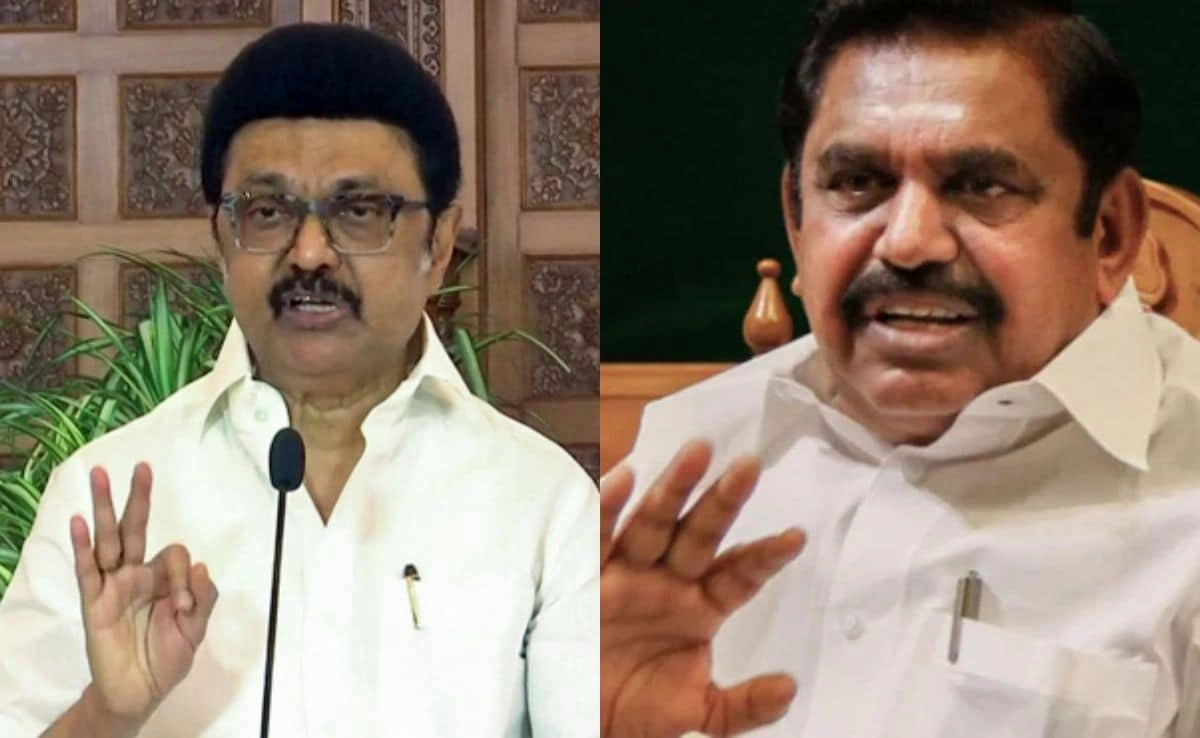The Pollachi sex assault case has become a focal point for political blame and finger-pointing between Tamil Nadu’s prominent political parties, the Dravida Munnetra Kazhagam (DMK) and the All India Anna Dravida Munnetra Kazhagam (AIADMK). The incident, which involved a series of sexual assaults and the subsequent revelation of a larger conspiracy, has not only shocked the public but has also ignited a fierce political controversy. The DMK has taken a strong stance, calling on the AIADMK to “hang their heads in shame” for their handling of the case and the broader implications of women’s safety in the state. This politically charged rhetoric underscores the serious social issue at the heart of the matter, as both parties attempt to leverage the situation to their advantage.
The AIADMK, in response, has rejected the DMK’s claims and accused them of politicizing a tragic incident for electoral gain. They argue that the DMK’s criticisms are not only unfounded but also distract from the real issue: the need for justice for the victims. The AIADMK has emphasized their commitment to women’s safety and has pointed to various initiatives they have implemented in the past to combat violence against women. This back-and-forth between the two parties illustrates a deep-seated rivalry and the lengths to which each will go to assert their narrative and maintain political capital in a state where public sentiment is increasingly focused on safety and justice.
As the Pollachi case unfolds, it serves as a reminder of the urgent need for systemic change in addressing sexual violence and supporting victims. The political fallout from the incident may influence the upcoming elections, with both parties keenly aware that public perception around women’s safety could sway voters. In a broader context, the discourse surrounding this case highlights the challenges that women face in Tamil Nadu and the need for robust legal frameworks and support systems to protect them. The exchange of barbs between the DMK and AIADMK is not just a political strategy; it reflects a societal issue that demands attention and action from all corners of the political spectrum.
In the end, the Pollachi sex assault case has transcended its immediate implications, becoming a litmus test for both parties on how effectively they can address the concerns of women in Tamil Nadu. The ongoing dialogue, fraught with accusations and counter-accusations, underscores the need for a unified approach to tackling gender-based violence. As the political narrative continues to evolve, it is crucial for both parties to move beyond rhetoric and engage in meaningful discussions that prioritize the safety and dignity of women in the state. Ultimately, the outcome of this case may influence not just political fortunes but also the future of women’s rights and protections in Tamil Nadu.




